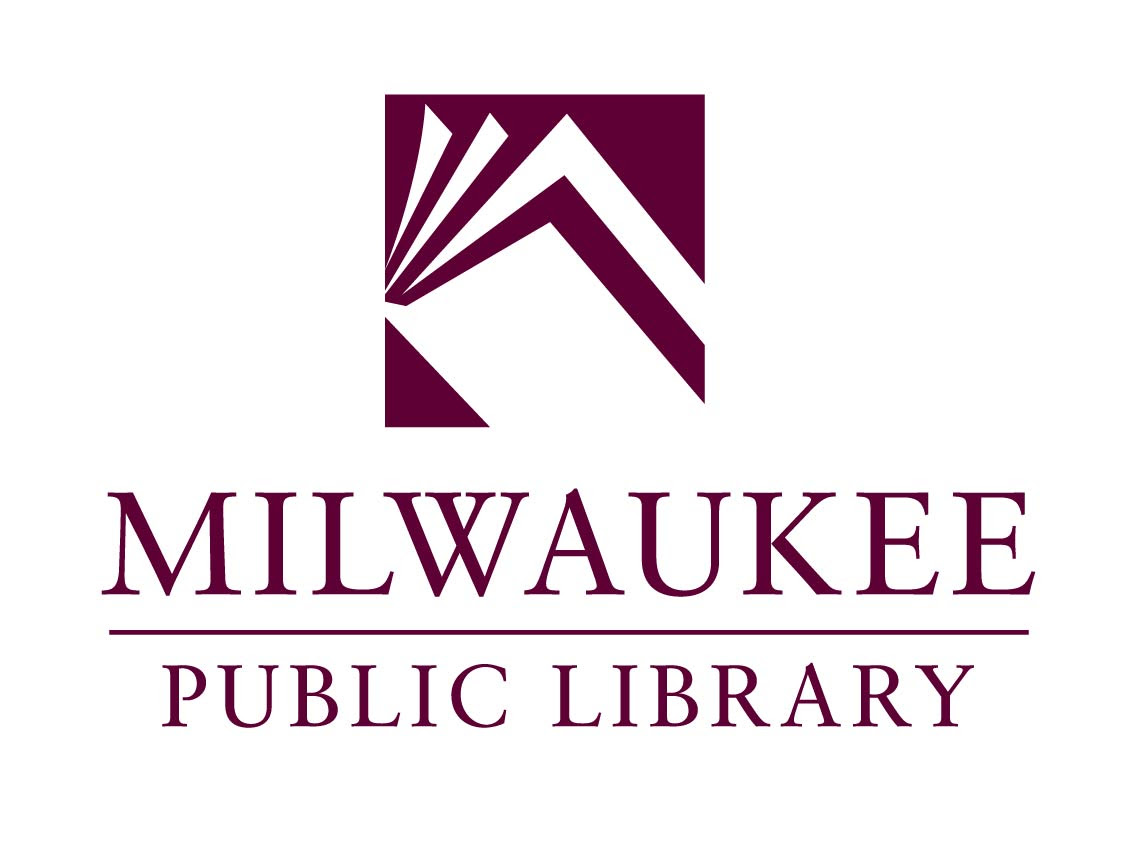Utopian Compromise
Prompt Against Anxiety #7 | from Milwaukee artist Paul Druecke and inspired by his ongoing collaborative project America Pastime.

Natural Symphony #1, from America Pastime, courtesy of Lara and Eric Hau
In Ursula K. Le Guin’s barbed short story, “The Ones Who Walk Away from Omelas,” the city’s beatitude is built, literally and metaphorically, on premeditated acceptance of horrific suffering. The equation is stark for dramatic effect: the former requires the latter. Le Guin deftly handles the correlation between the two like a gut punch, which is then followed, as the title implies, by an escape route. A select few citizens of this brightly colored nirvana will not abide injustice. It’s an easy decision on paper: no pain in paradise. What is less clear, as the story wraps up, is whether those walking away are entering a better, ethically consistent world, are simply trading gross imperfection for other more or less flawed blue skies, or are actually renouncing the idea of utopia all together.
The sacrifices being made during Covid-19 are part of broader questions about the relationship between personal preference, discomfort, and utopia: As we settle into our pandemic routines, it is helpful to find humor, catharsis, beauty, or illumination in discrepancies between an ideal world and the one we live in day to day. Society’s glaring imperfections are an opportunity to consider one’s relationship to utopia. To begin the prompt, simply look for or imagine one or more scenarios that bring to light juxtapositions between a utopian world and the one we inhabit.

Studies for Urban Edge, from America Pastime, courtesy of Paul Druecke
For example, on my daily walks, I’ve recently been observing the glut of trash in every nook and corner of my neighborhood. The issue of orphaned wrappings of every shape, color, and level of biodegradability is ever-present and seemingly implacable. It hardly warrants a mention during our current health crisis except that the garbage will be here with us long after we emerge from quarantine, as will questions of what comprises a more perfect world.
For me, contemplating litter has become a source of meditation on these broader themes. Since March 26th I’ve been picking up other people’s trash during daily walks—trashing, as I refer to it. Before disposing of the day’s haul, 9 to 12 lbs of garbage for one to two hours effort, I arrange impromptu still lifes and document them with the intent of posting to an Instagram account created for this purpose. Photographed and presented in sequence on a social forum, the trash still lifes offer an alternative approach to seeing our refuse as worthy of attention, maybe even beautiful. Shifting how we view something, say a littered landscape, might be called a Utopian Compromise.
There’s more to say, more to observe, but I’m still in the act of absorption and discovery. I’m not sure what, exactly, I’m looking for from this activity. A cleaner neighborhood, kind of, though I’m neither delusional enough to think that my trash walks make a noticeable difference nor idealist enough to take pride in the effort. To be honest, I feel extremely uncomfortable when picking up other people’s trash and that, at least for now, is the main reason I keep doing it. . . .

Blue Composition, from America Pastime, courtesy of Ned Marto
The Prompt
Choose a subject for ongoing exploration: Where can you find humor, catharsis, beauty, or illumination in your personal relationship with whatever ideal you perceive as faltering? There’s much to consider: the public school system, screen time, democracy in Wisconsin, farming practices, etc.
Once you’ve chosen a subject, investigate it thoroughly by returning to it again and again, whether in real life or in your imagination. Document your investigation, which could take the form of photography or any other medium. If you prefer to write, consider journaling or making lists from which you could develop one or more poems, stories, or essays. You might also consider creating sketches, collages, or field recordings.
Here are a few thematic questions in hopes of finding our way to a better place: What relationships exist between sacrifice, discomfort, and utopia? What relationships exist between you and your subject? What happens when you meditate on the intersection between your subject’s ideal state and its realities? Is it possible to compromise, to make friends with utopian shortcomings?
With your help we can create a tactical playbook on coping with the intersection of societal imperfections, personal shortcomings, and hope. Please share your take on Utopian Compromise so that we can share it with the public.
More from this series
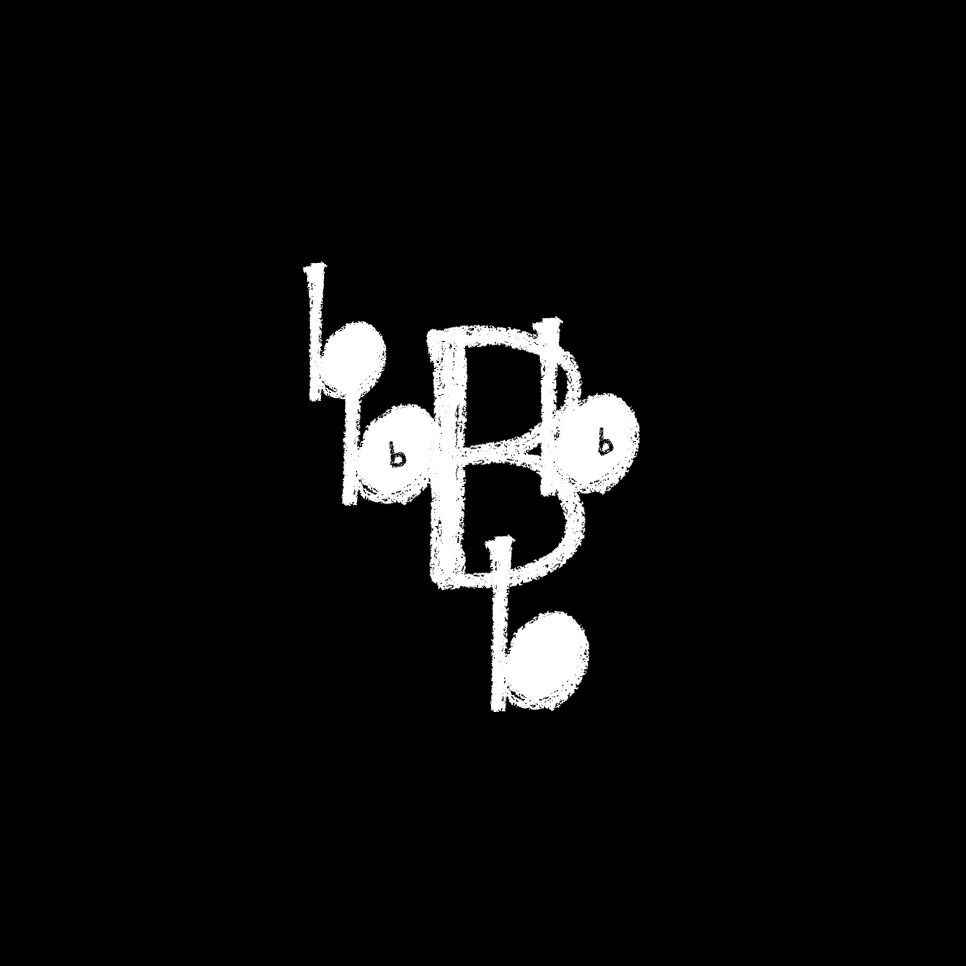
The Word was in the beginning but it is made of letters.Prompt #40—giovanni singleton
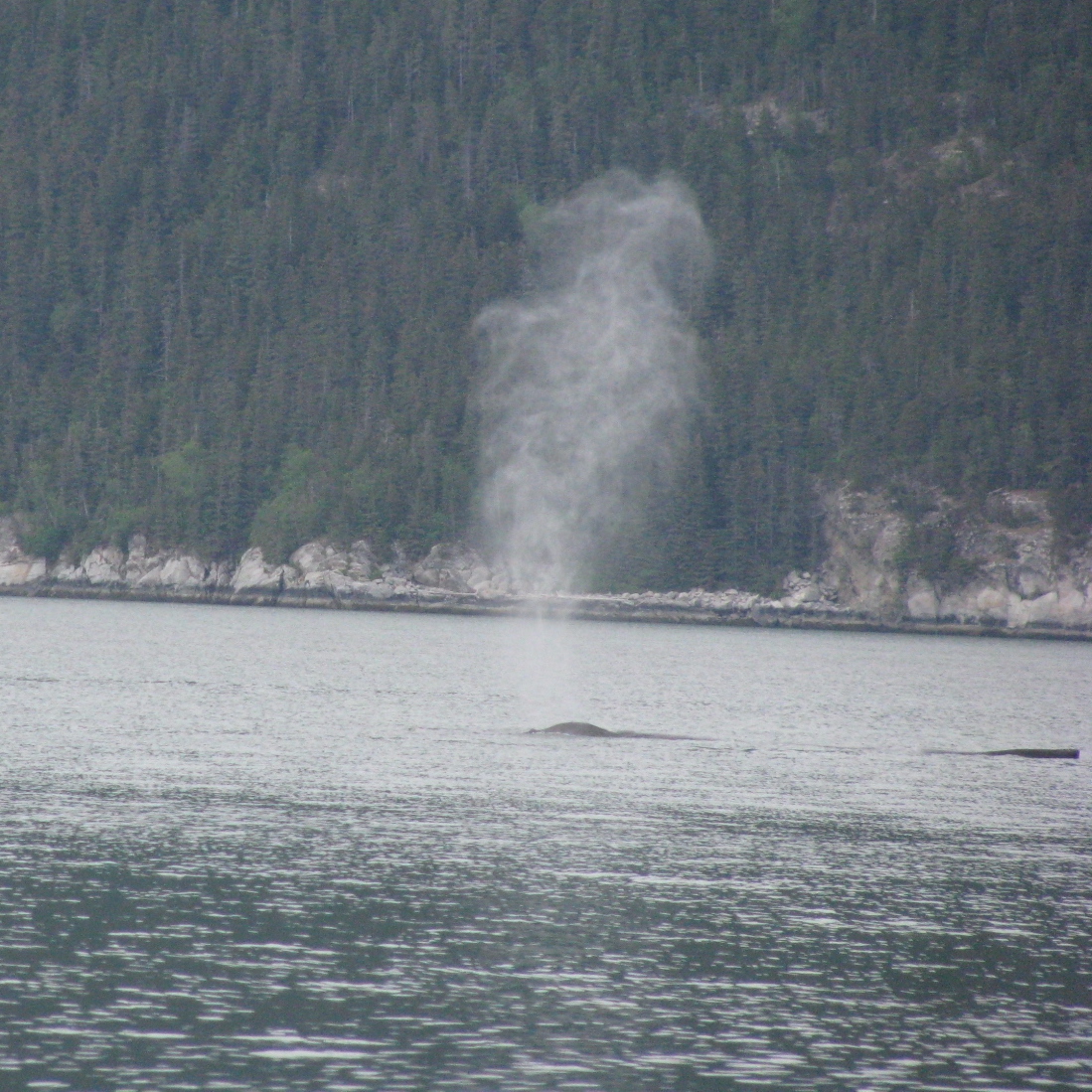
Write in NaturePrompt #39—Oogie Push
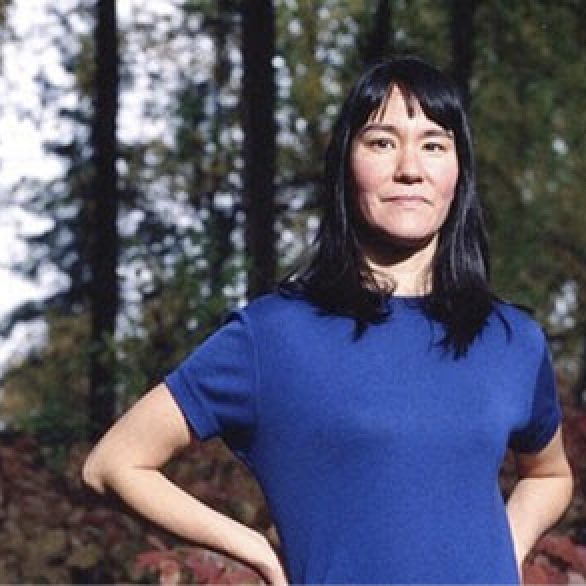
Real FoodPrompt #38—Joan Kane
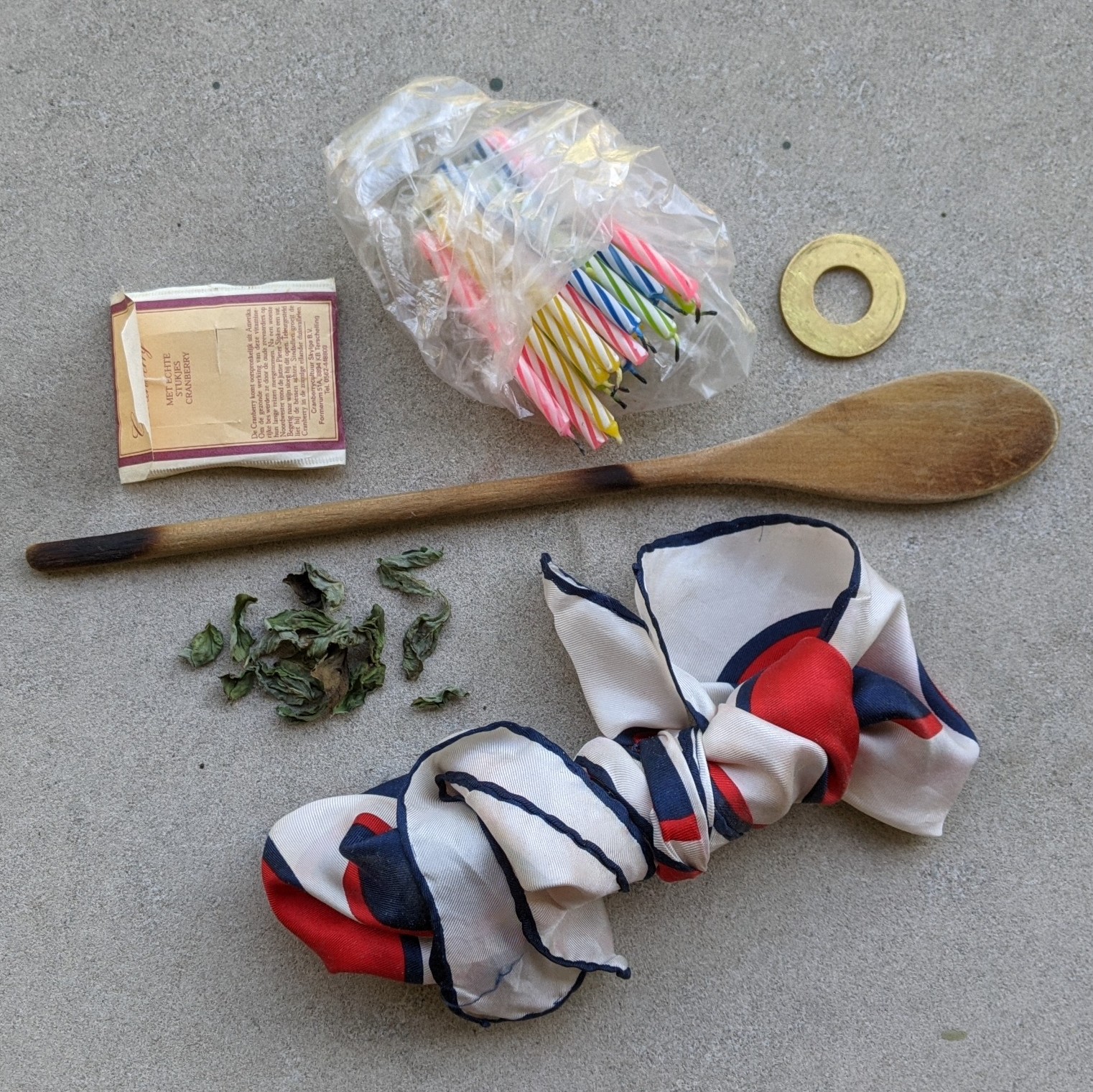
You Don't Need Proust to Smell GoodPrompt #37—Elizabeth Hoover
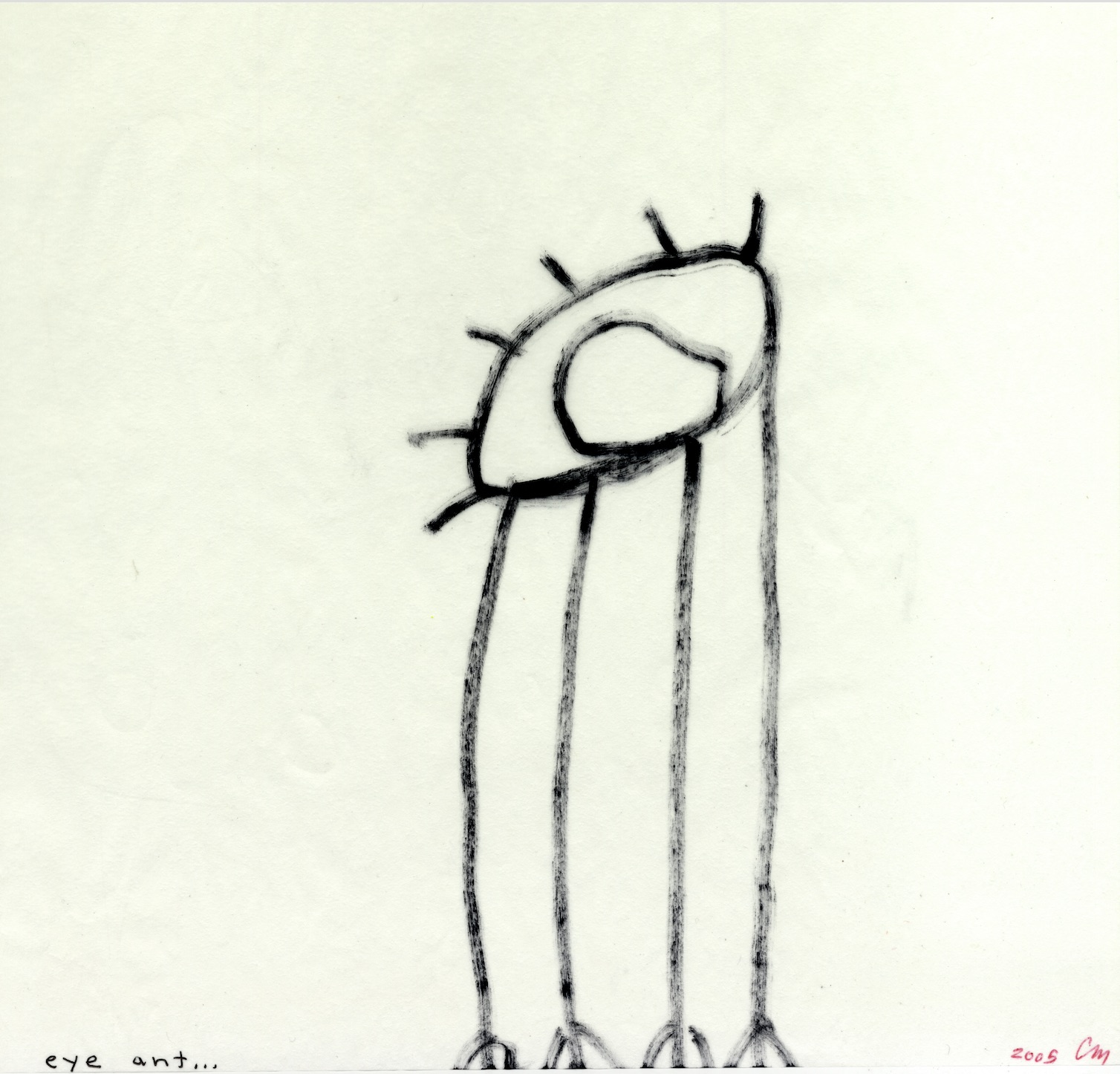
Find Your Own FormPrompt #36—Sawako Nakayasu

Tarot Recall: A Visionary Exercise for the PresentPrompt #35—Laurence Ross

Queers in Love at the End of the WorldPrompt #34—CJ Scruton
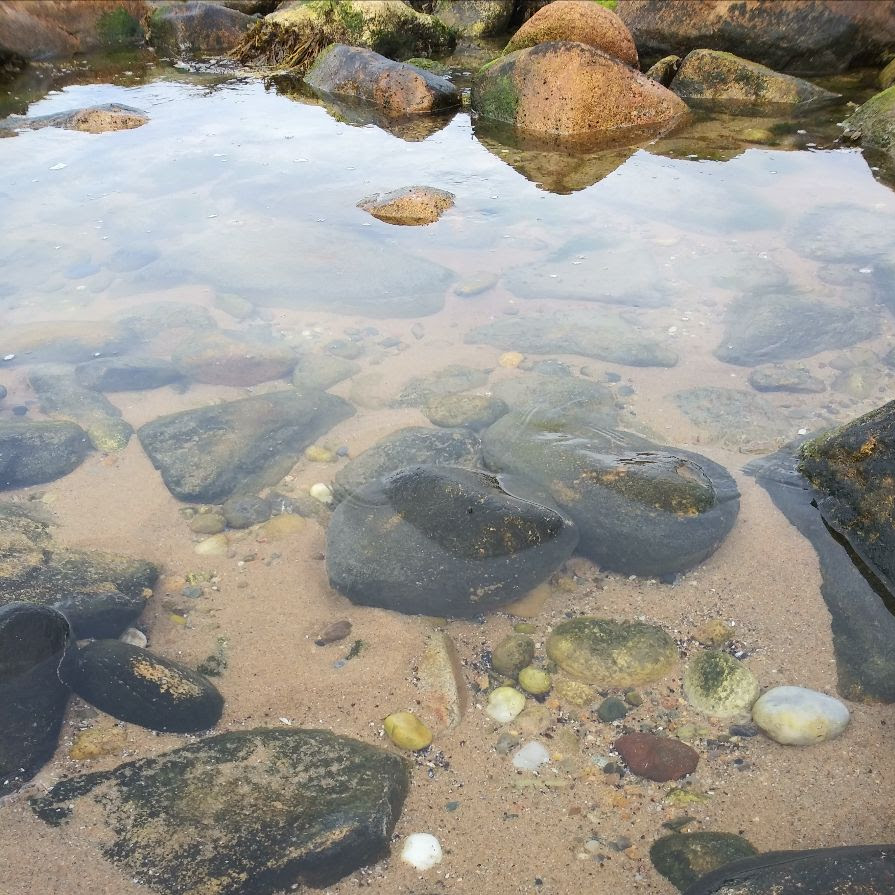
WORKBOOK FOR CHANGE: TWO PROMPTSPrompt #33—Kate Schapira
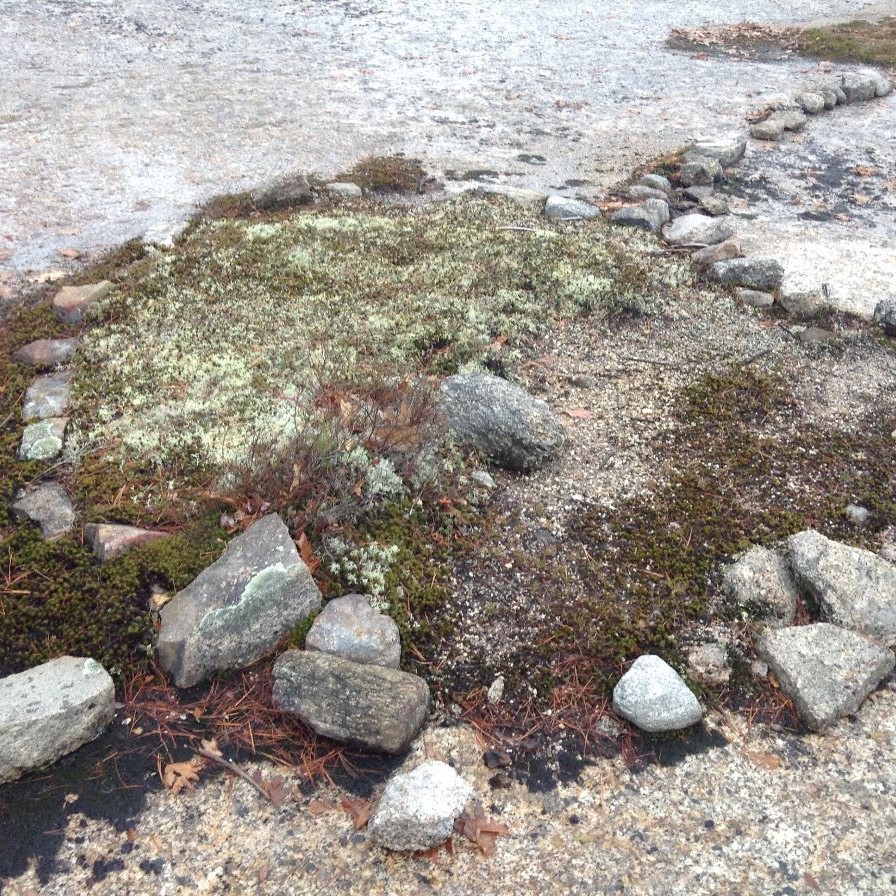
Preparation for the PromptPrompt #32—Lisa Fishman

Collage Your Own Writing PromptPrompt #31—Helen Hofling
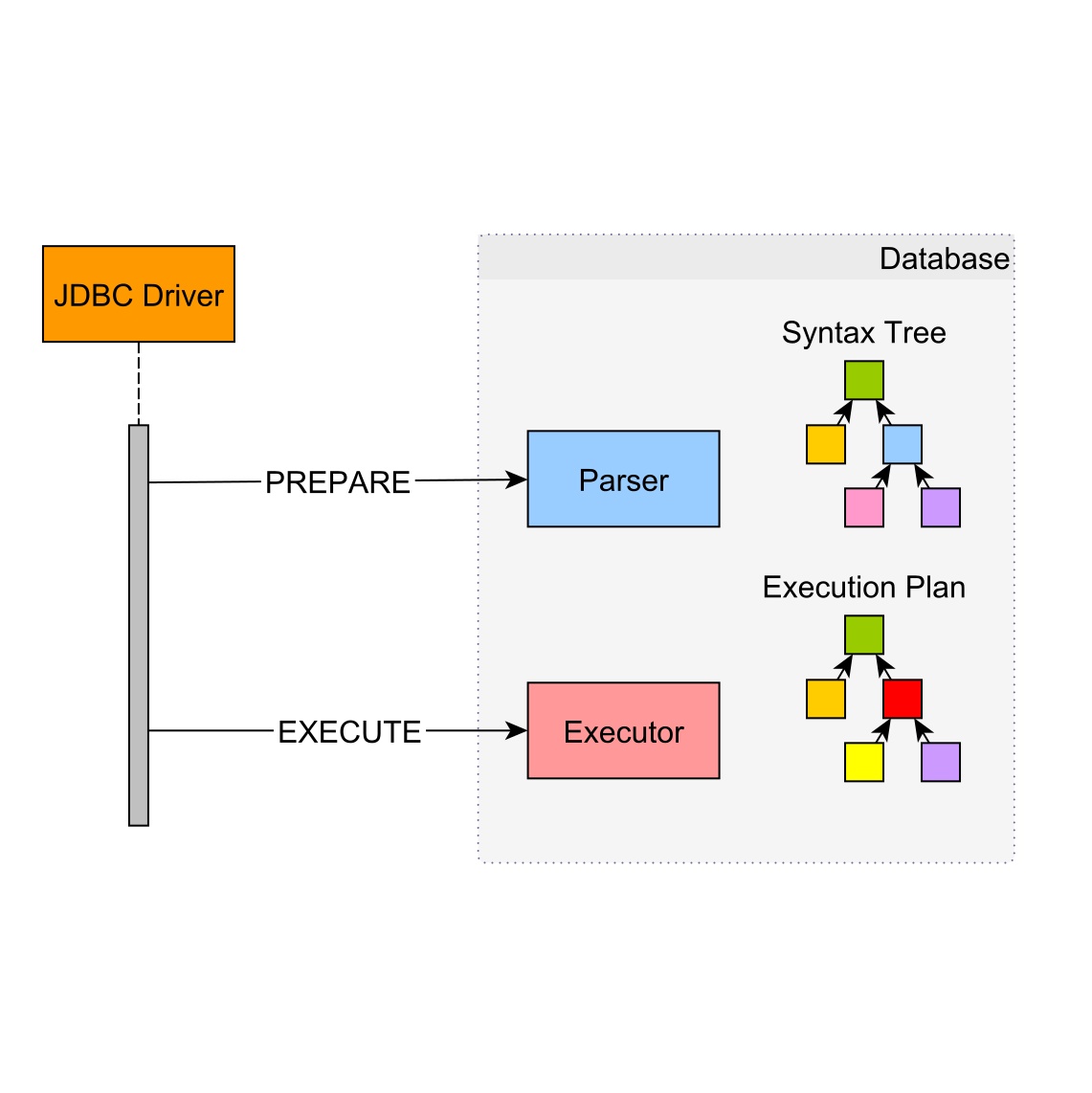
Prepared StatementPrompt #30—Mike Hauser
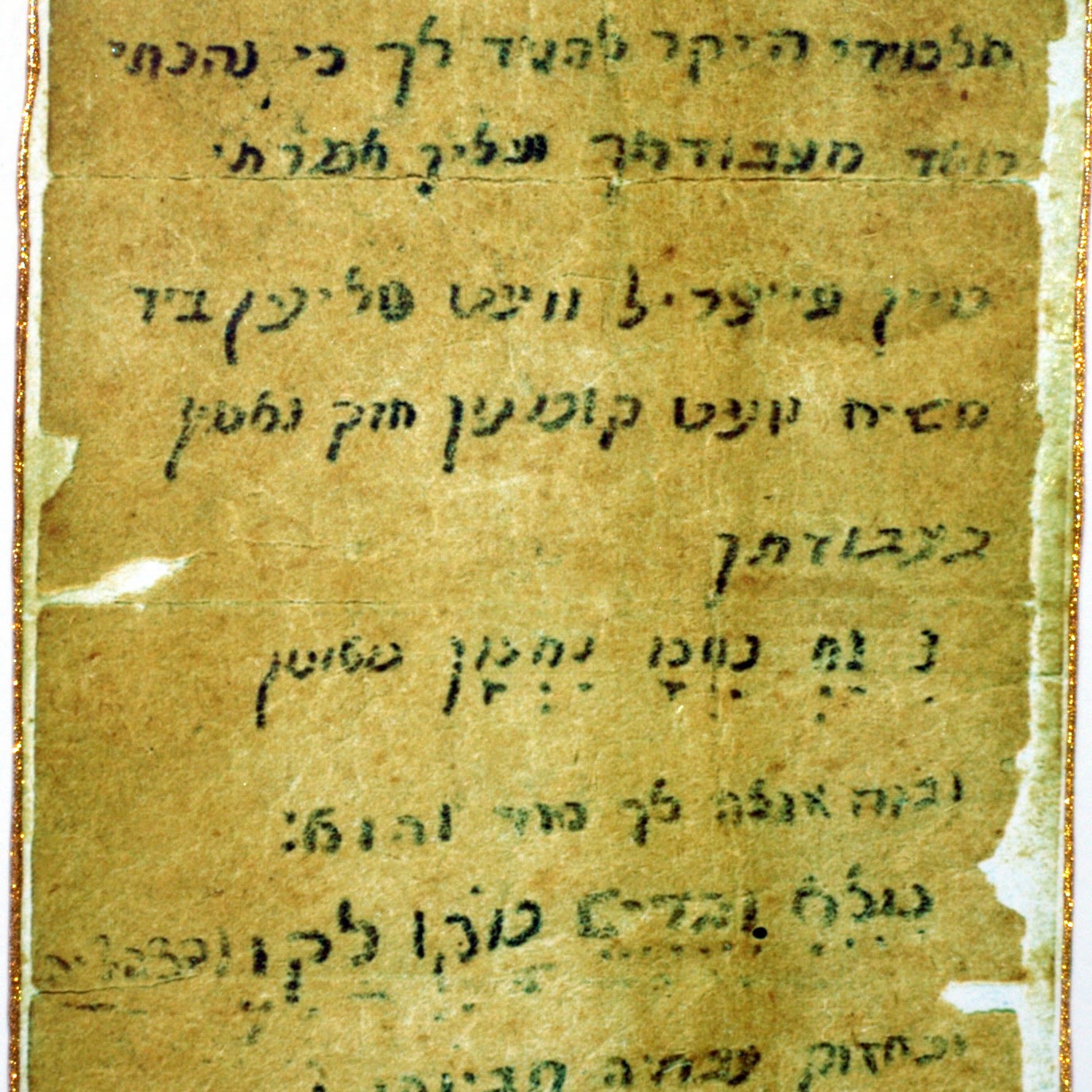
Repeat Repeat WritePrompt #29— Lewis Freedman
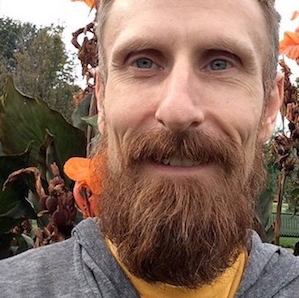
Poetic CorrespondencePrompt #28—Eric Baus

EKPHRASIS YOURSELFPrompt #27—Jennifer Nelson
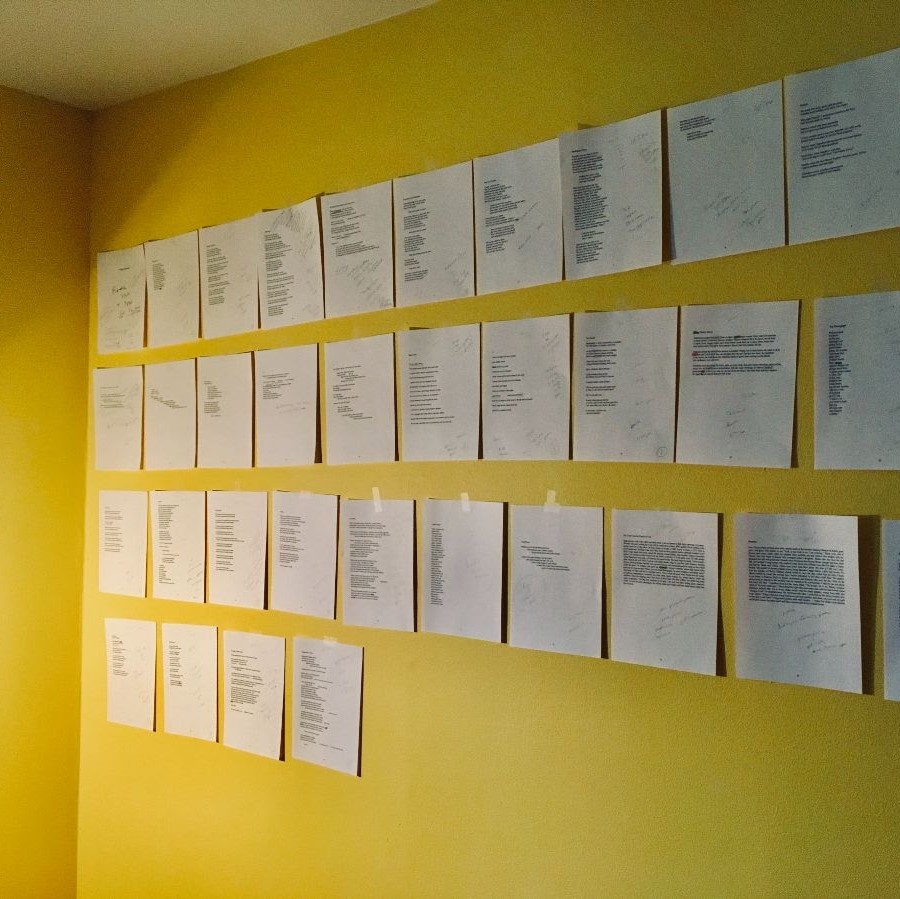
POETRY IS FOR THE PEOPLEPrompt #26—Angela Trudell Vasquez
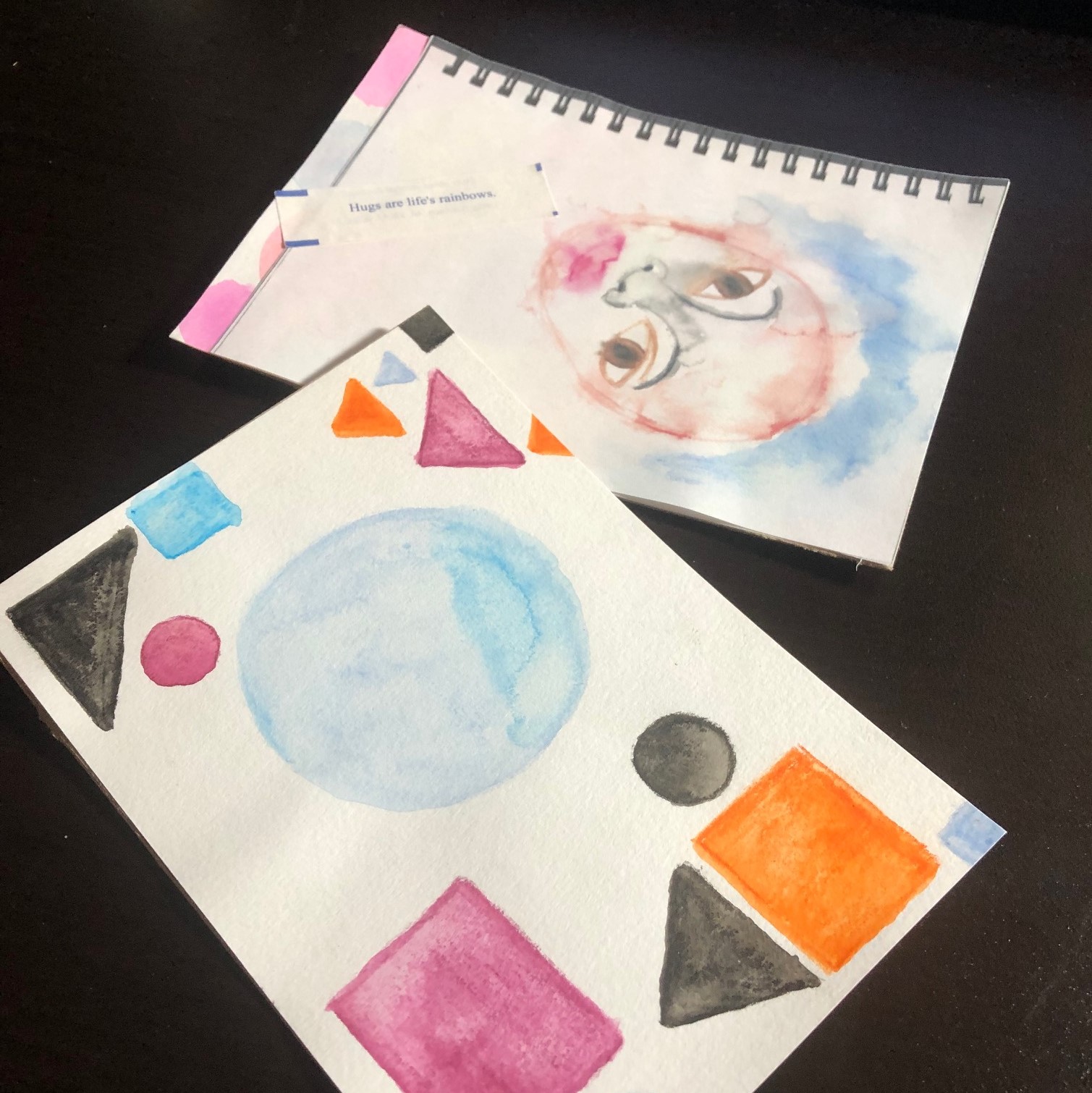
MAIL ARTPrompt #25—Siwar Masannat
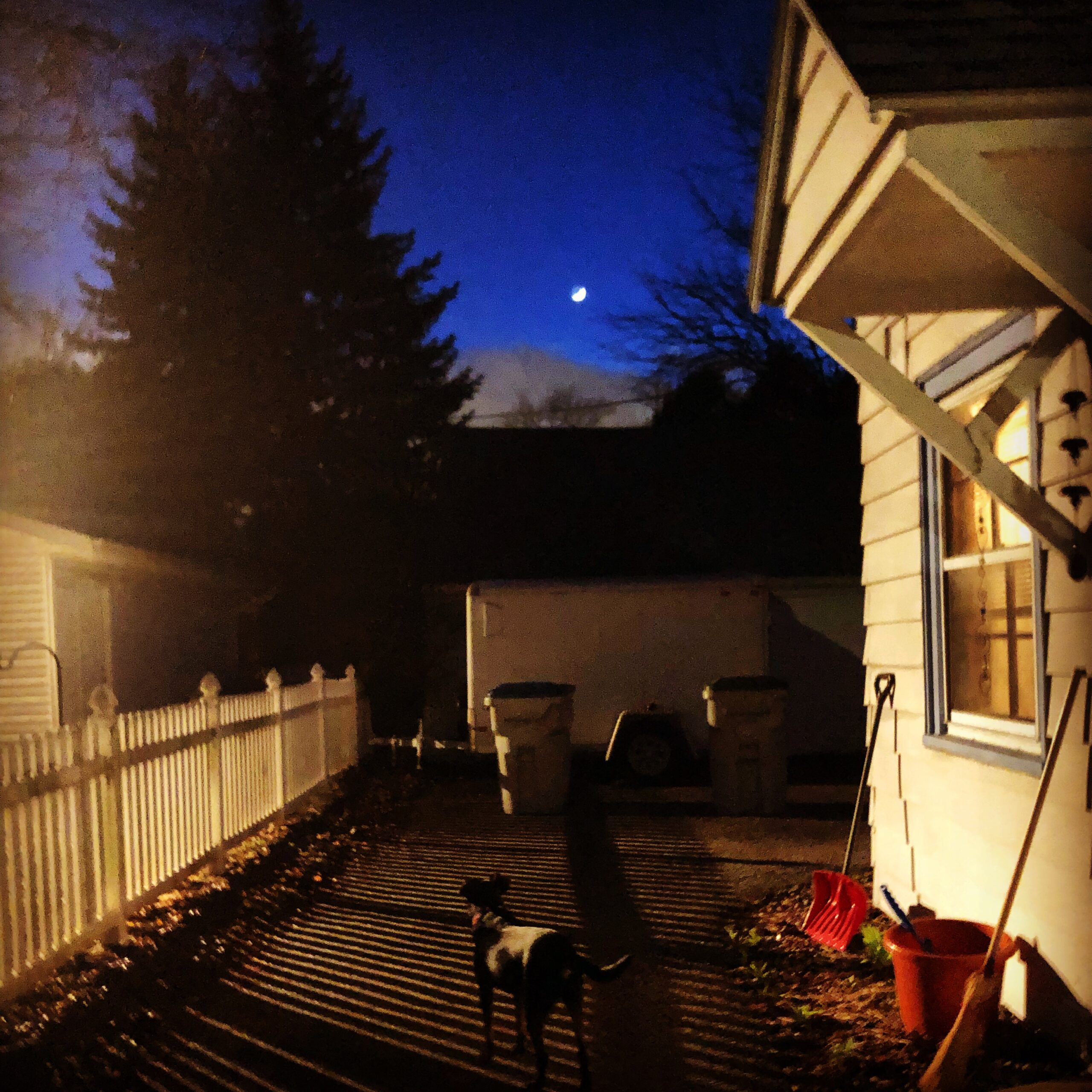
VISUAL POSTCARDSPrompt #24—Portia Cobb
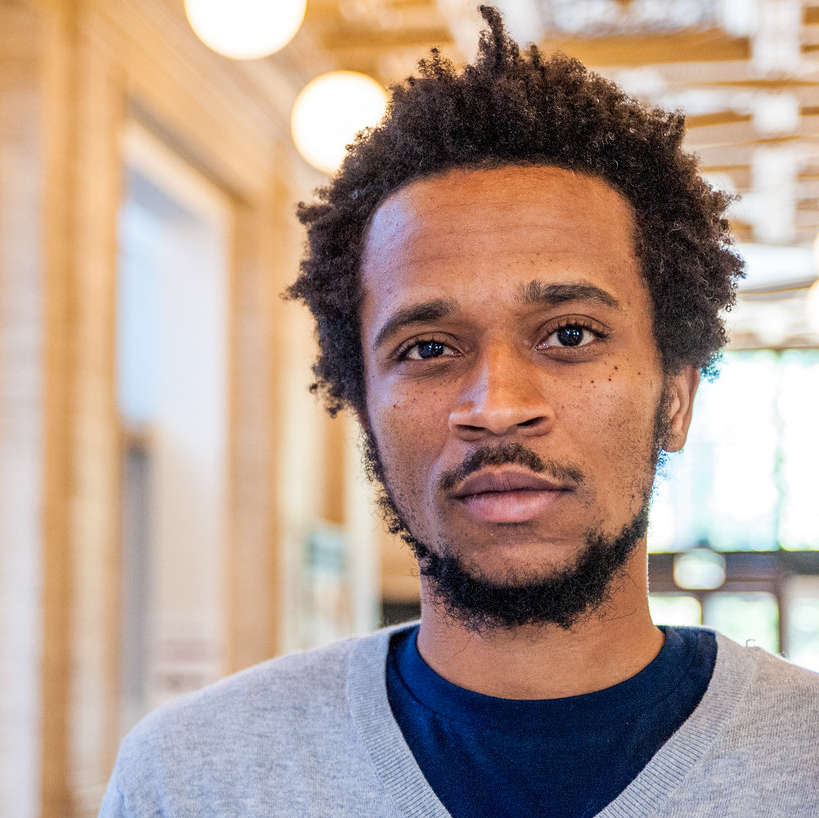
A [LONGER-TERM] DEEP LISTENING PROMPTPrompt #23—Jibade-Khalil Huffman

Humor as Medicine for the SoulPrompt #22—Mauricio Kilwein Guevara

Personification: A Social Justice PromptPrompt #21—Derrick Harriell

Ponge ExercisePrompt #20—Tyrone Williams
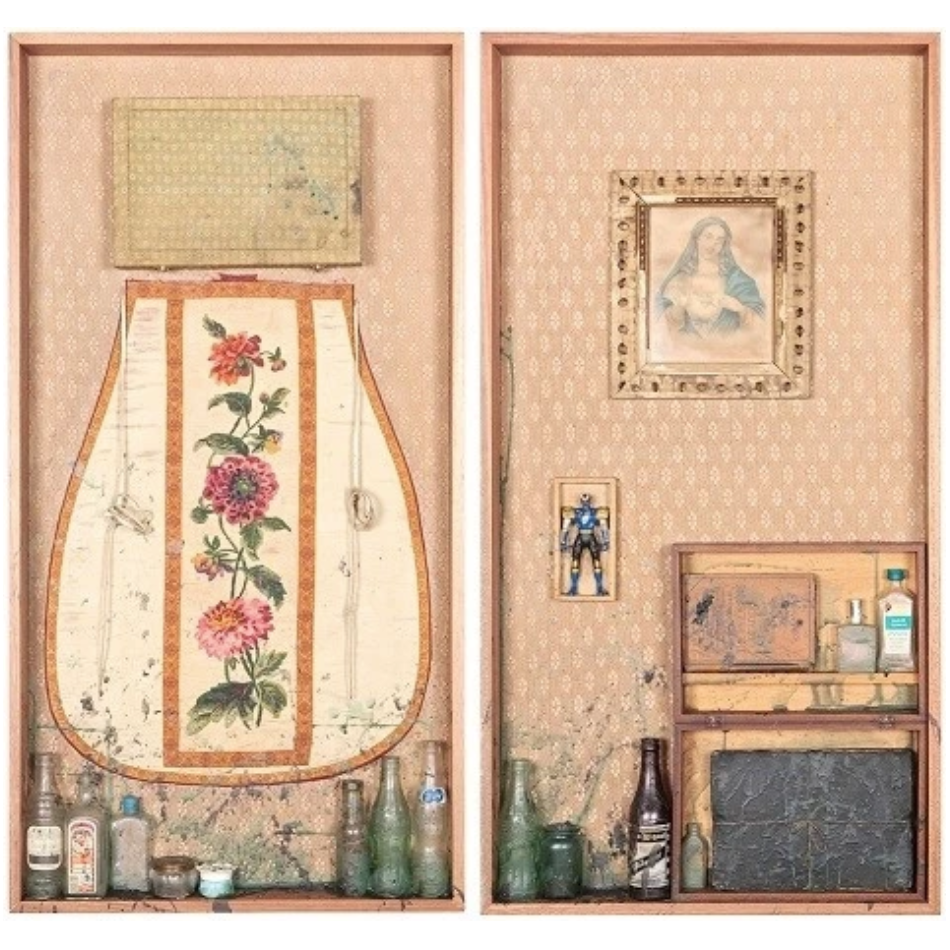
Occult DocupoesisPrompt #19—Kimberly Alidio
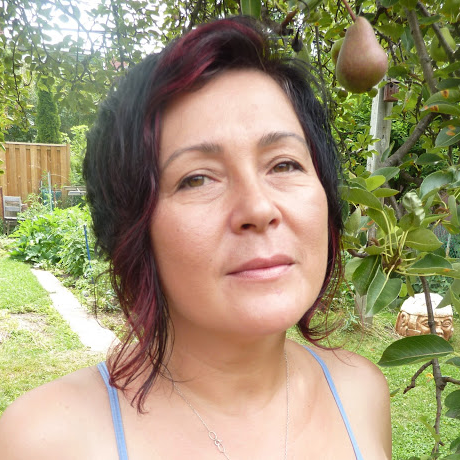
Junk Drawer SongPrompt #18—Hoa Nguyen

TALK TO THE POETSPrompt #17—Stacy Szymaszek
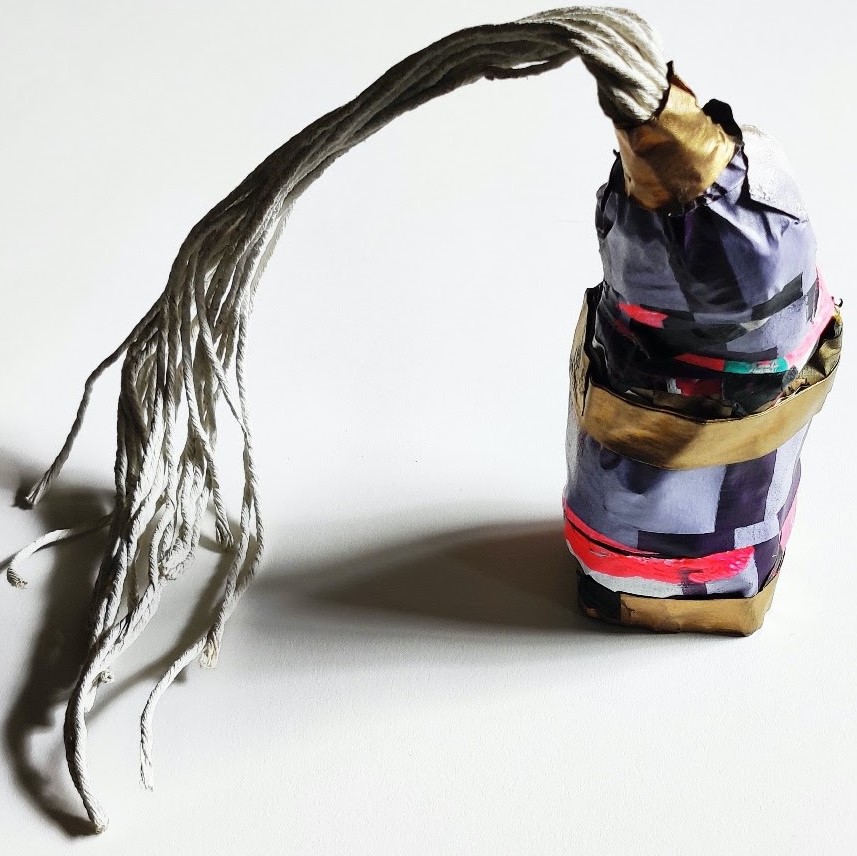
Make-Do Origin Stories & Concrete FuturesPrompt #16—Ching-In Chen
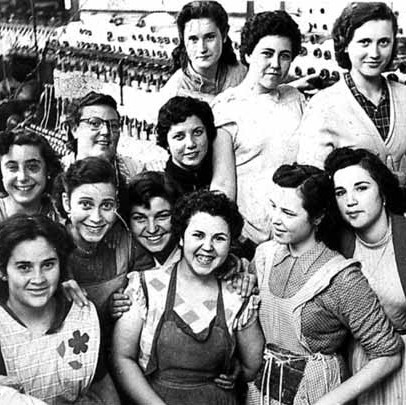
The Family PhotographPrompt #15—Rosa Alcalá
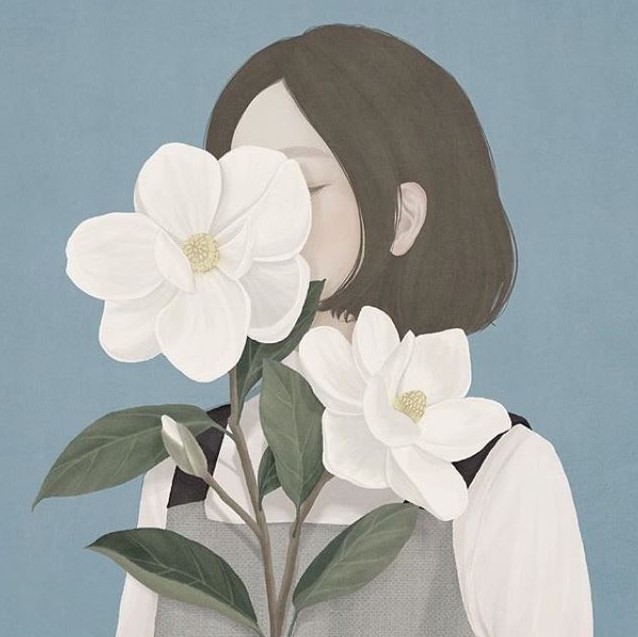
Writing Advice for Your Younger SelfPrompt #14—E.J. Koh
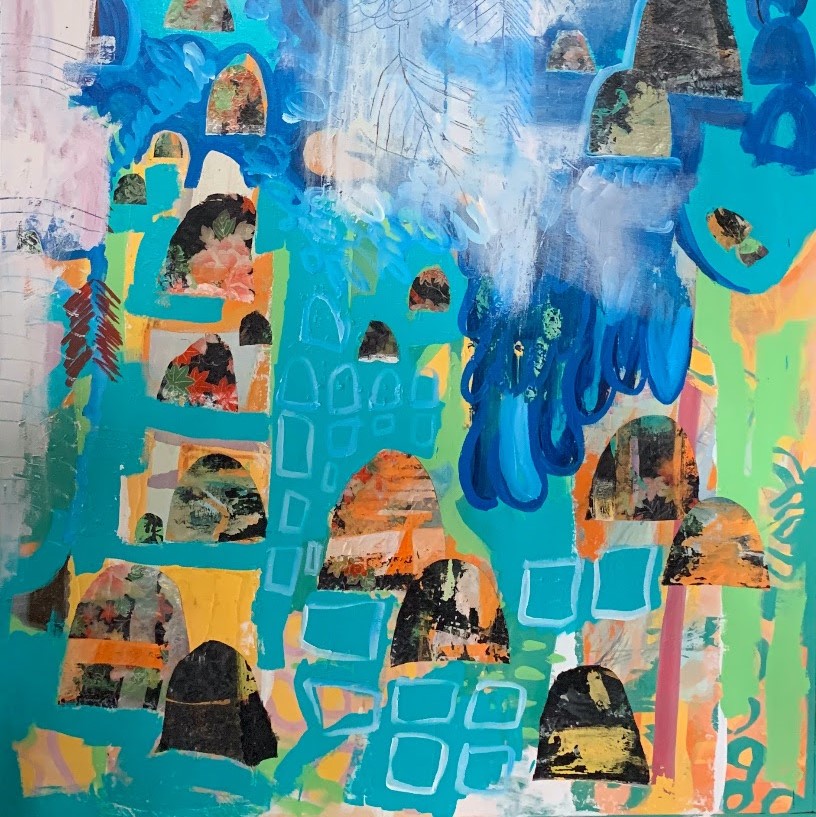
Note(s) to SelfPrompt #13—Stacy Blint
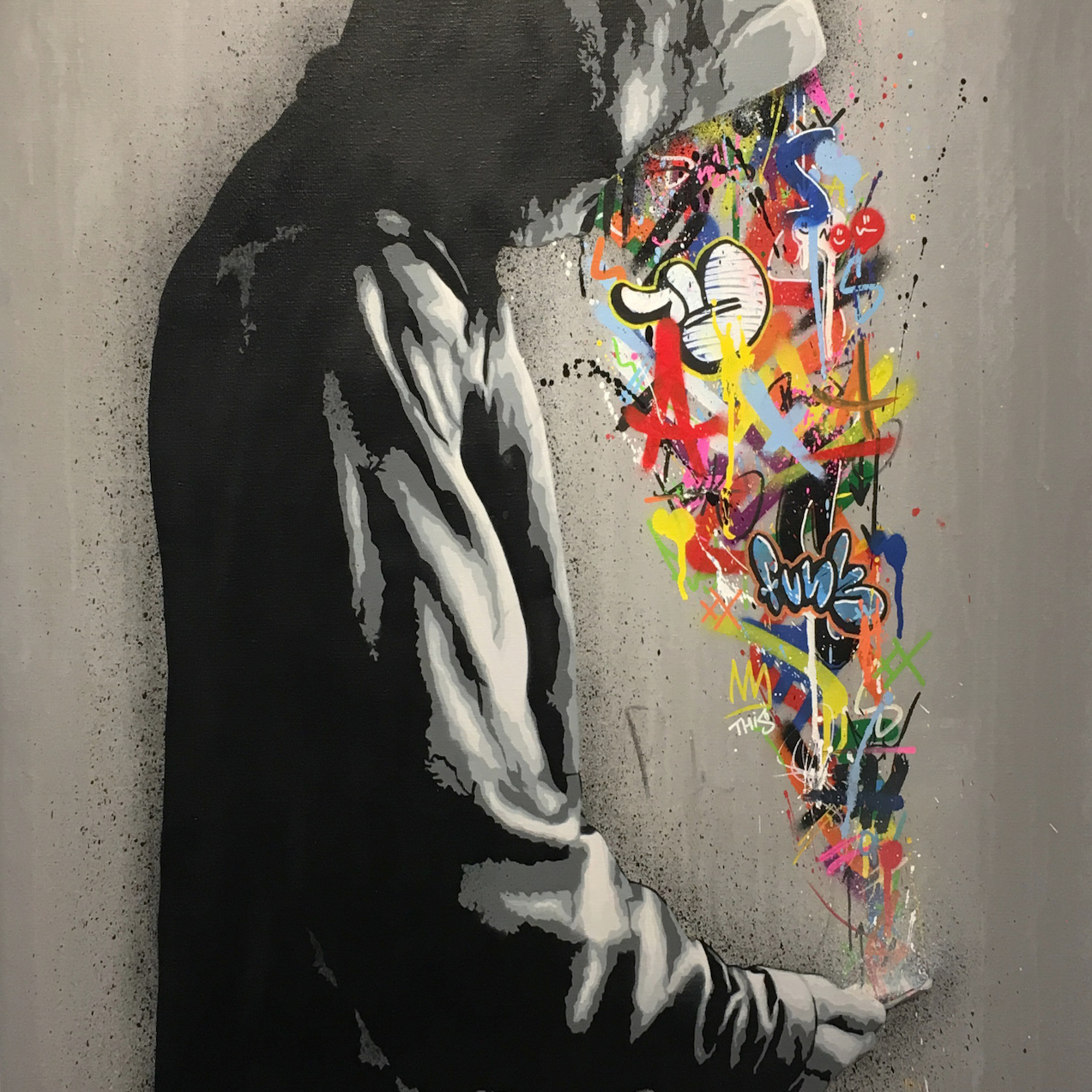
Embracing ConfusionPrompt #12—Bryon Cherry
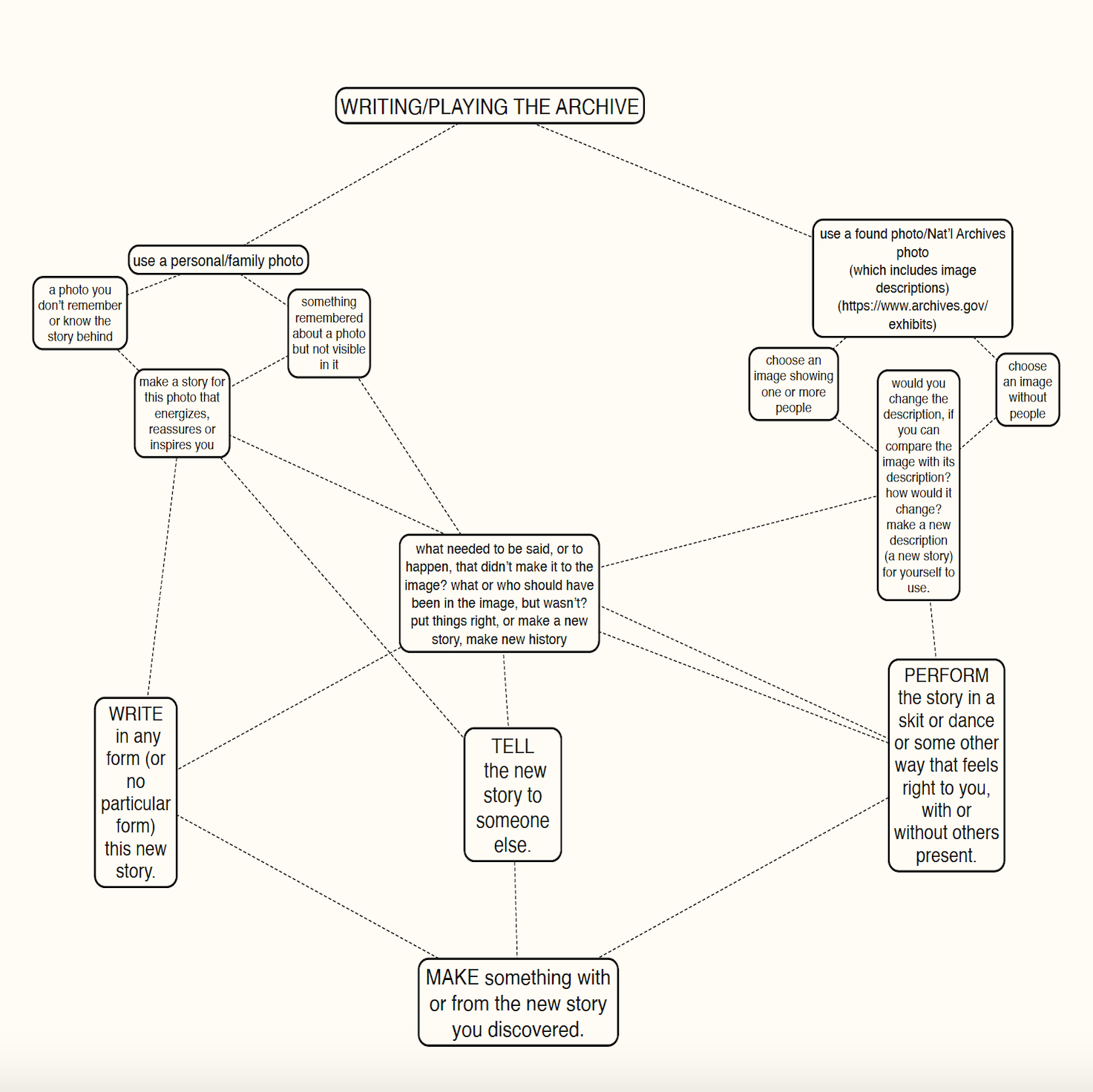
Writing/Playing the ArchivePrompt #11—Jay Besemer

CAPTURED & FREEDPrompt #10—Dasha Kelly Hamilton
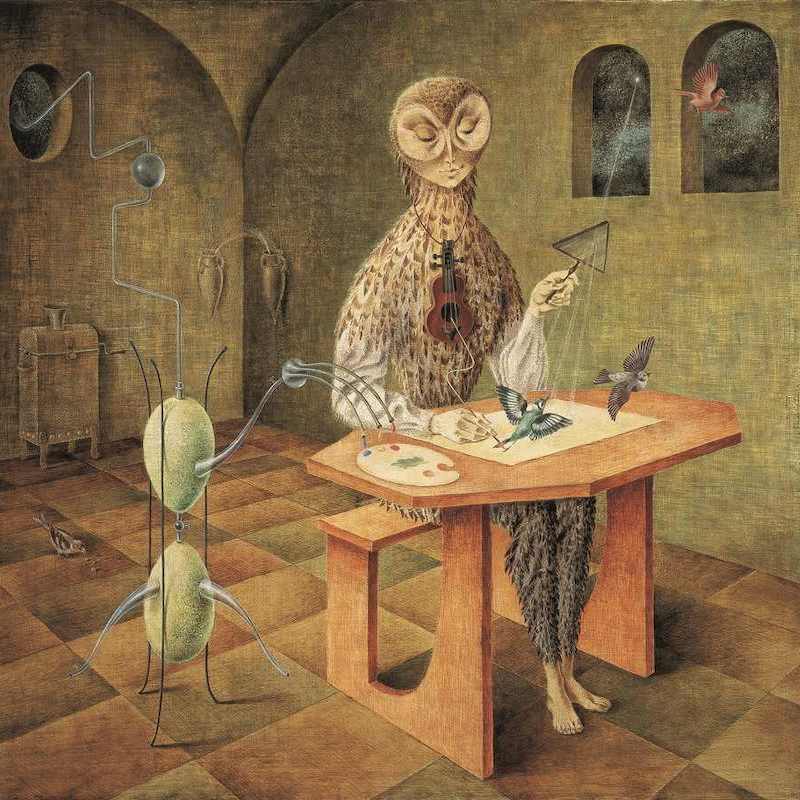
Poetic Exit StrategiesPrompt #9—Ana Božičević
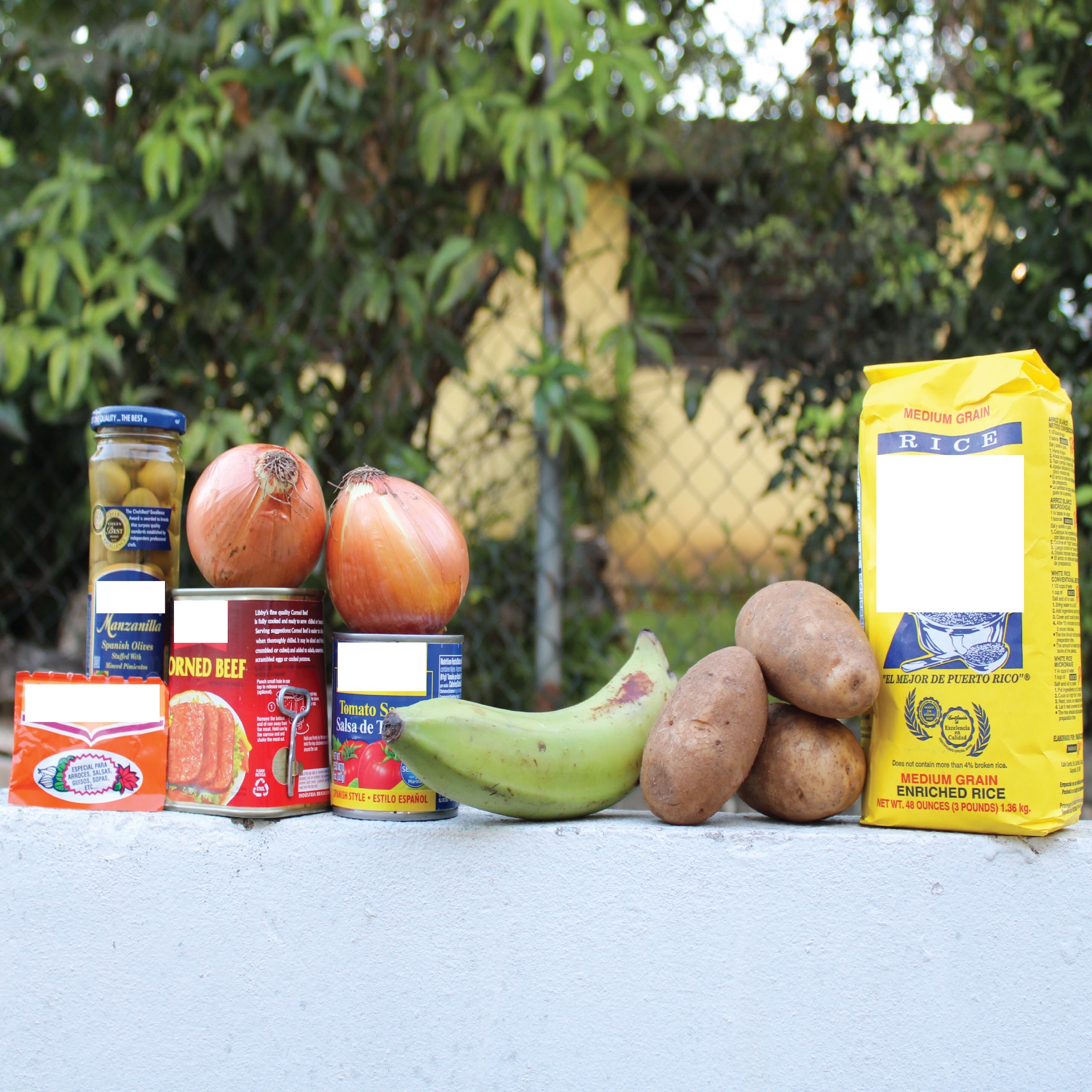
Proyecto ConbífPrompt #8—Erick "CK" Ledesma
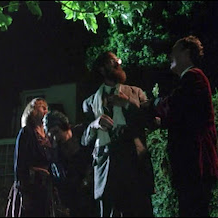
TRILOGYPrompt #6—CA Conrad

Utopian CompromisePrompt #7—Paul Druecke
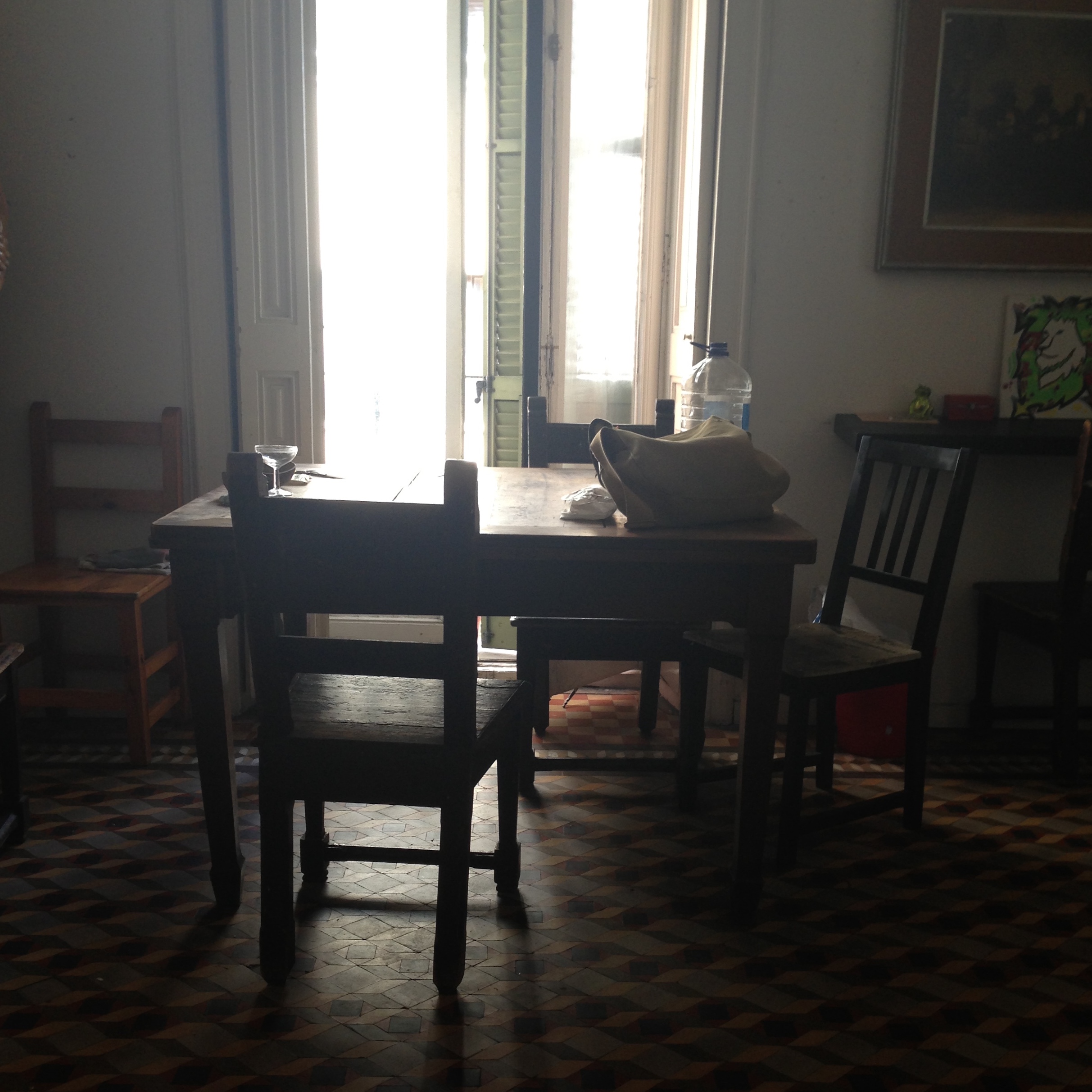
A Series of RoomsPrompt #5—Laura Solomon
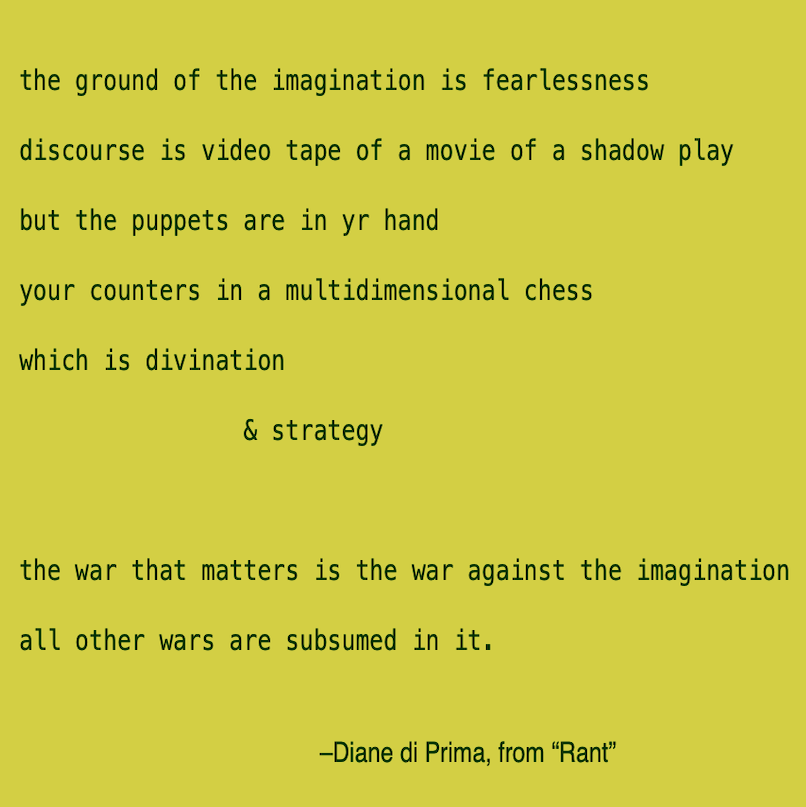
Two Variations on N+7Prompt #4—Jenny Gropp
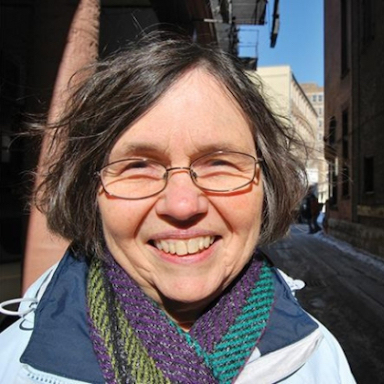
T H E A P A R T / TOGETHERPOEMPrompt #3—Margaret Rozga
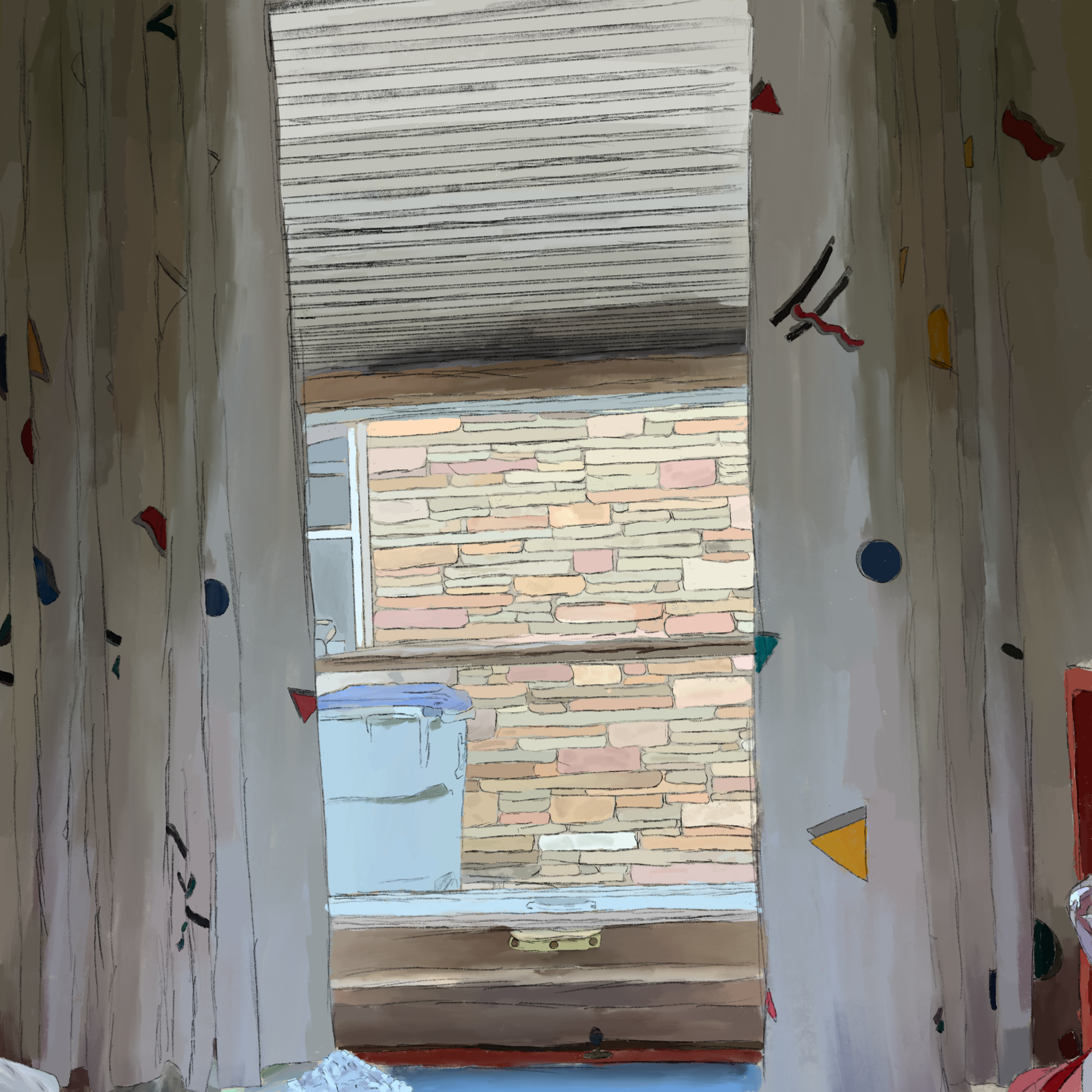
An Exercise in WindowsPrompt #2—Marla Sanvick
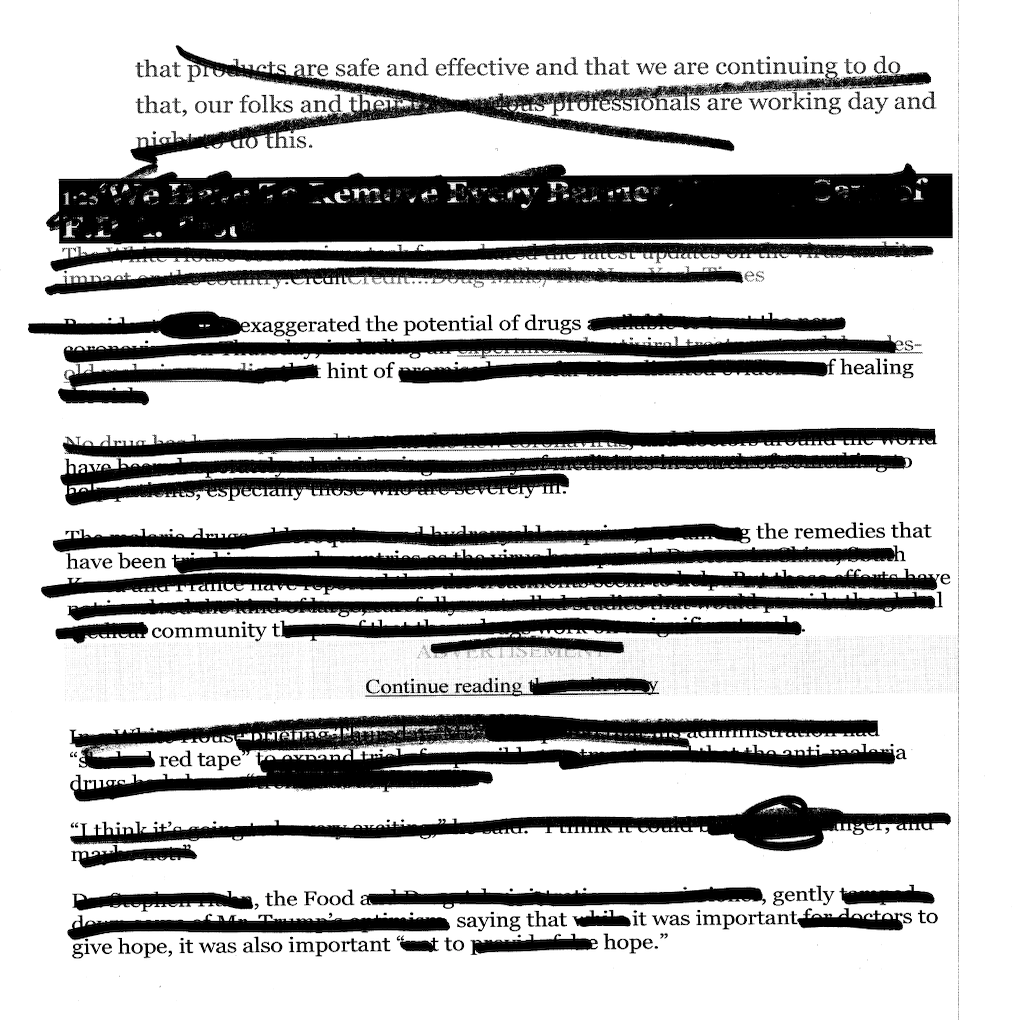
Erasuring AnxietyPrompt #1—Peter Burzynski
We acknowledge that in Milwaukee we live and work on traditional Potawatomi, Ho-Chunk, and Menominee homelands along the southwest shores of Michigami, part of North America’s largest system of freshwater lakes, where the Milwaukee, Menominee, and Kinnickinnic rivers meet and the people of Wisconsin’s sovereign Anishinaabe, Ho-Chunk, Menominee, Oneida, and Mohican nations remain present.
We further acknowledge the grave evil colonialism introduced to these lands through genocide as well as slavery, and also via racist and xenophobic beliefs, laws, and practices that continue to inflict harm upon Black, brown, and Indigenous lives. We honor those who have lived—and do live, now—at these intersections of identity and experience, and are committed to the active dismantling of white supremacy.
720 E. Locust Street
Milwaukee, WI 53212
Phone: 414 263 5001
Hours: Tues–Sun | 12-7 pm
Closed Mon
Building Accessibility: Despite the age of our physical location, and attendant limitations to access, Woodland Pattern is committed to making its programs and facilities available for as many as possible. Please call for more information.
Events Accessibility: Woodland Pattern is able to offer captioning services for its online events and with advanced notice can provide ASL interpretation for live events. Please contact us with accommodation requests and questions.
© Woodland Pattern 2025
